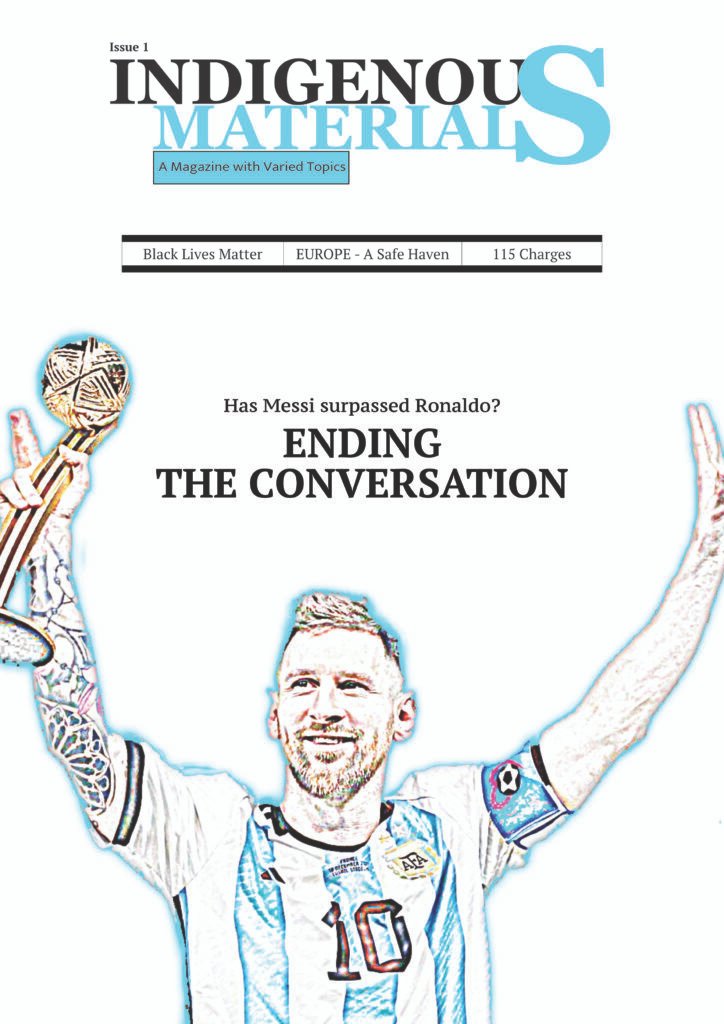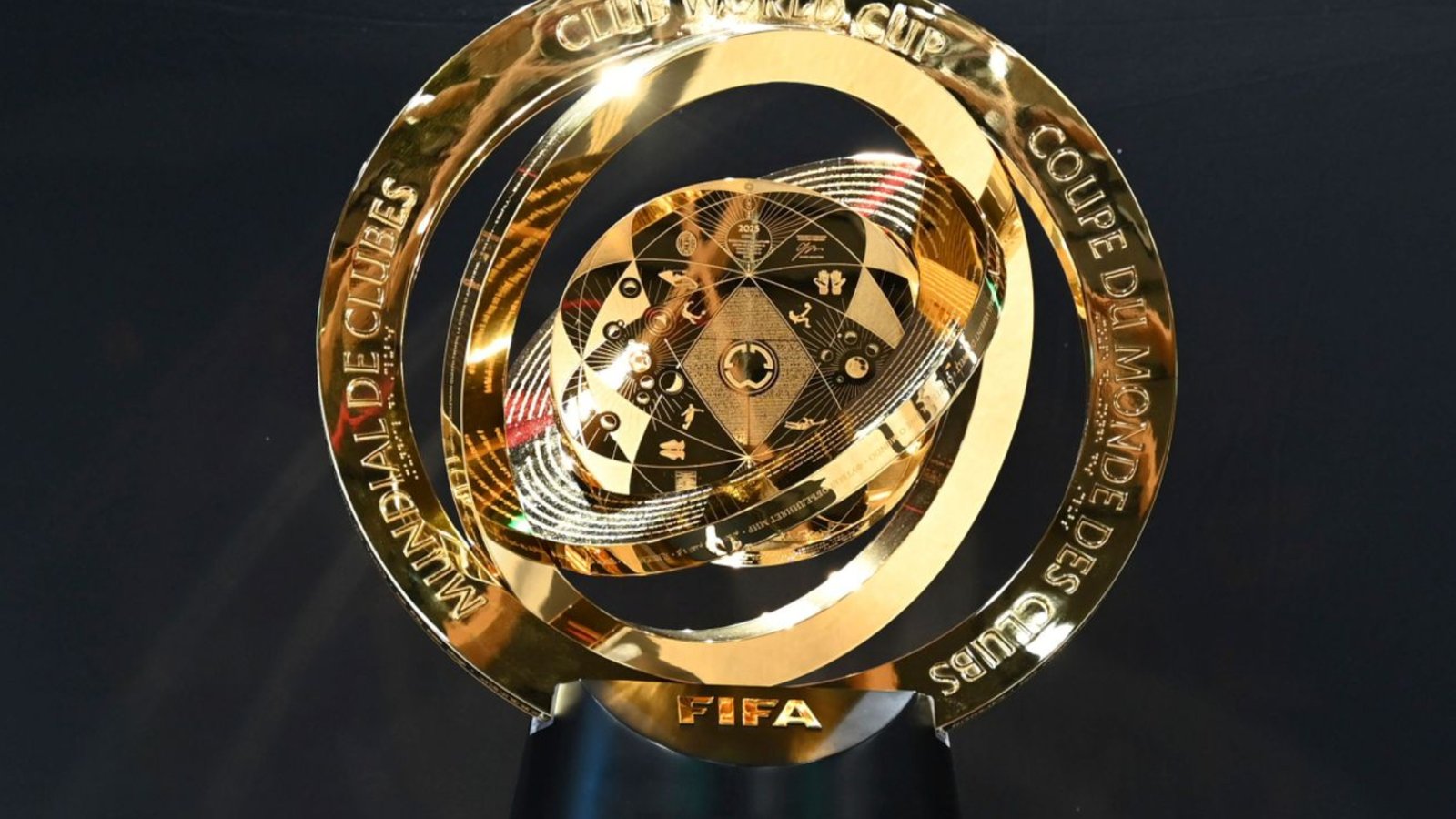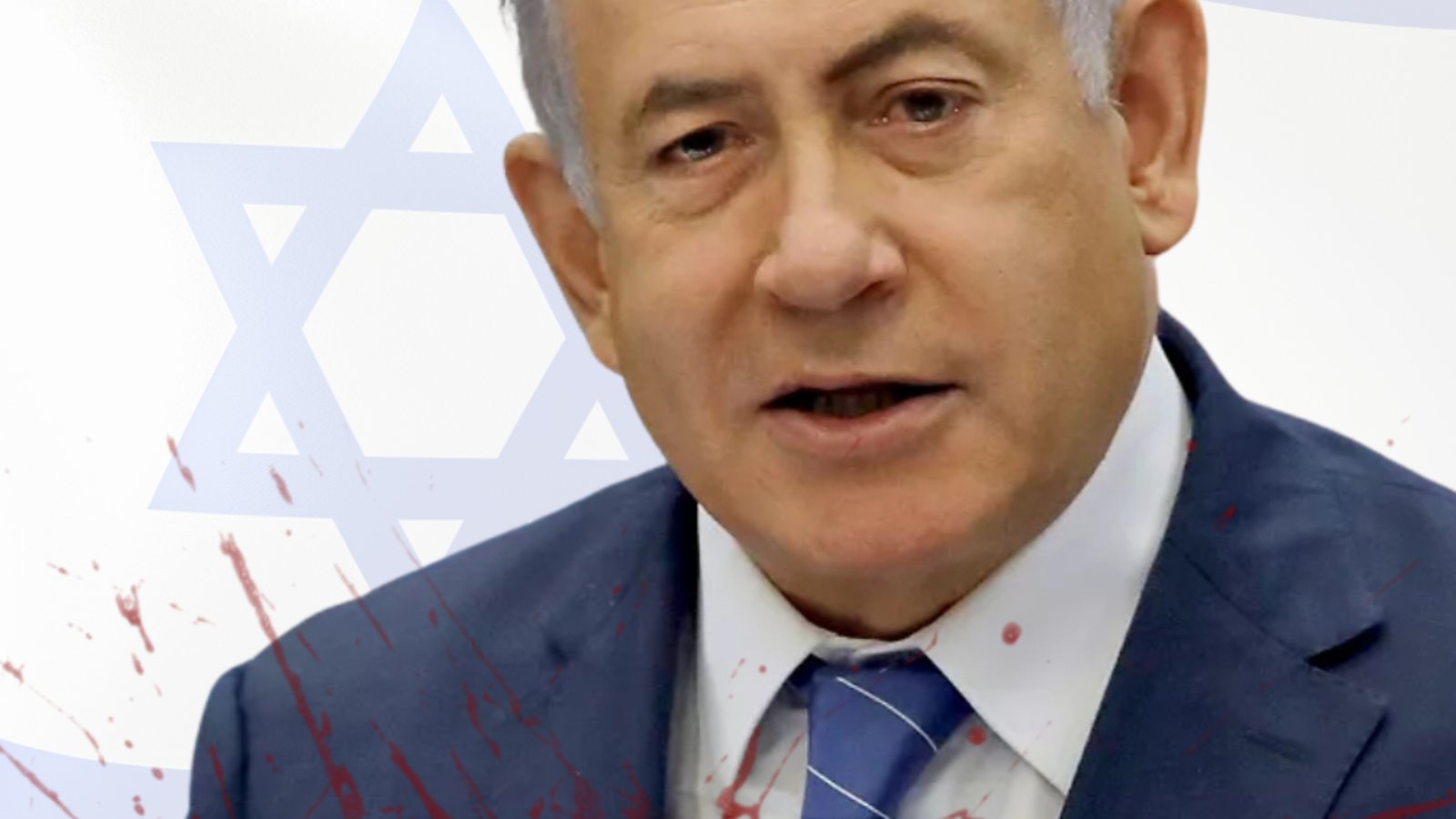The truth hurts
Watching the Club World Cup this year felt strange. The atmosphere was off, as FIFA attempted to position this tournament as something akin to the actual World Cup. It began with grand, film-like productions welcoming players at the airport, along with major sponsorship campaigns aimed at building support for the competition.
The announcement of this expanded tournament caused friction between organisations across the global football pyramid. Many pundits and commentators questioned the need for it, given that FIFA already has the Intercontinental Cup, which offers a similar format.
Critics viewed the Club World Cup as a way for FIFA to reassert its global dominance in football and rebuild its image following years of mismanagement under Sepp Blatter. Underneath it all, there’s a theory that FIFA saw this as a financial opportunity, especially after the proposed European Super League gained backing from hedge funds like Goldman Sachs, which had pledged $5 billion in investment.
FIFA’s method of revitalising its image typically involves launching new tournaments, often ones that feel unnecessary and overlook player welfare. Many would argue that FIFA now embodies capitalist ideology and geopolitics, prioritising the appeasement of powerful nations over the integrity of the sport or the well-being of its athletes.
The Club World Cup is a prime example. It brings uninspiring matches and lacklustre fan engagement. The tournament began poorly, with one-sided matches like Auckland FC being heavily defeated by much stronger opposition. Massive US stadiums, some seating over 80,000, struggled to attract spectators. It was clear that fans were unenthused; the atmosphere was flat, and the sense of unity seen among neutral fans at other major tournaments was absent.
Despite FIFA’s attempts to paint the tournament as a success, fans watching from their homes or in pubs remained unimpressed. It simply did not carry the gravitas of the World Cup. International football evokes national pride, a unifying experience that club football, especially on a global stage, struggles to replicate. The players, too, looked disinterested. It felt as though many were silently questioning, “Why are we playing this now, after a gruelling season?” The answer was simple: prize money.
The total pot amounted to over a billion dollars, with $150 million awarded to the winner. For many players, participation was about chasing bonuses. For clubs like Chelsea, the tournament was also a means to alleviate financial pressure under PSR (Profit and Sustainability Rules), using the prize money to balance their books.
In truth, the tournament was a farce. It lacked any real substance and was boring for the majority of its run. Some matches even felt suspiciously scripted, while many players appeared fatigued and disengaged. The tournament had the feel of a pre-season competition, with players more interested in pay cheques than silverware.
Managers appeared indifferent when their teams exited the competition, and some players, notably Pep Guardiola, seemed relieved to be leaving. The final and the trophy presentation felt more like a political spectacle than a footballing celebration, with FIFA’s president seemingly more excited about Donald Trump’s presence at the MetLife Stadium than the football itself.
This tournament will not endure. It may survive for another two editions at most before FIFA scraps it. Player health must be prioritised, and greed must not be placed above human lives. This is a money-grabbing scheme, and national and regional football bodies, including UEFA and other Football Associations, should withdraw their support immediately.




